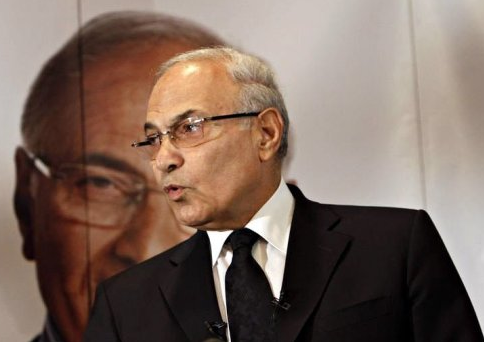CAIRO: A recent government report ranked Egypt as the ninth fuel subsidies provider in the world, failing however to consider the controversial energy prices hikes implemented last May.
“Egypt remains among the world’s biggest subsidies on fuels, which makes domestic energy prices (gasoline and diesel) less than global prices, said the report.
“As global energy costs continue to soar, Egypt raised energy subsidies to LE 60.3 billion in fiscal year 2007/08 compared with LE 40 billion in FY2006/07, the report added.
Issued by the Information Decision Support Center – affiliated with the Cabinet – the report said gasoline was subsidized by LE 1.90 per liter in 2006. Egypt also ranked the world’s fifth diesel subsidies provider, subsidizing LE 3.22 per liter in 2006.
The report added that energy subsidies constitute the largest percentage of the government’s total subsidies, scaling 72 percent of total subsidies that reached LE 83.7 billion in fiscal year 2007/08.
Issued two days ago, the report turned a blind eye to recent energy hikes. On May 5, Egyptians woke up to news of a government decision that raised gasoline prices 35 percent overnight to cover the cost of public sector pay raises proposed by President Hosni Mubarak a week earlier.
Prices 90-octane fuel increased to LE 1.75 from LE 1.30; the price of 92-octane fuel was upped to LE 1.85 from LE 1.40, and 95-octane fuel rose to LE 2.75 from LE 1.75. Prices of diesel and kerosene also increased to LE 1.10 from LE 0.75.
The report only calculated fuel prices before this recent upsurge.
When referring to the report, Magdy Sobhy, economist at Al-Ahram Center for Strategic Studies, explained the catch lies in using the word “subsidies when measuring Egypt’s global ranking in energy subsidies.
“The report uses the word ‘subsidies’, while in fact they are referring to the phrase ‘opportunity cost’, he said.
He clarified that the report weighs benefits from exporting oil production at international prices against selling it domestically at cheaper prices. The end result of the equation is that the government has an opportunity cost of LE 60.3 billion, resulting from domestic consumption.
“It is not ‘subsidies’ as in the government pays LE 60 billion for energy. It rather compares local energy prices vis-à-vis global prices. The report underlined that domestic oil consumption rose 18.8 percent to reach 651 thousand barrels per day (bpd) in 2007, compared to 548 thousand (bpd) in 2001, which again overstrains export capacities. Sobhy emphasized that the LE 60.3 billion bill on energy subsidies includes all forms of energy-related products, natural gas and diesel, and not only gasoline.
“Diesel and natural gas burn up most of the government’s energy subsidies, he said. “These products are mainly consumed by energy-intensive industries, which means that most of the subsidy goes to producers of cement, steel, aluminum and fertilizers rather than citizens.
These energy-intensive industries are directly affected by any change in natural gas prices. Last May, the government upped energy prices for energy-intensive industries to around $2.90 per million British Thermal Units (mBtu) from $1.85 per (mBtu) to cover costs of public-sector pay hikes introduced earlier.
Upsurges in local energy prices weighed on Egypt’s inflation rates, which soared to a record high of 22 percent in the year to July.
Sobhy predicted a decline in energy subsidies in fiscal year 2008/09 if global oil prices remain stable.
“Most recently, global oil prices have plummeted 20 percent. If global prices resume their downtrend, then energy subsidies will edge down in the next fiscal year.

